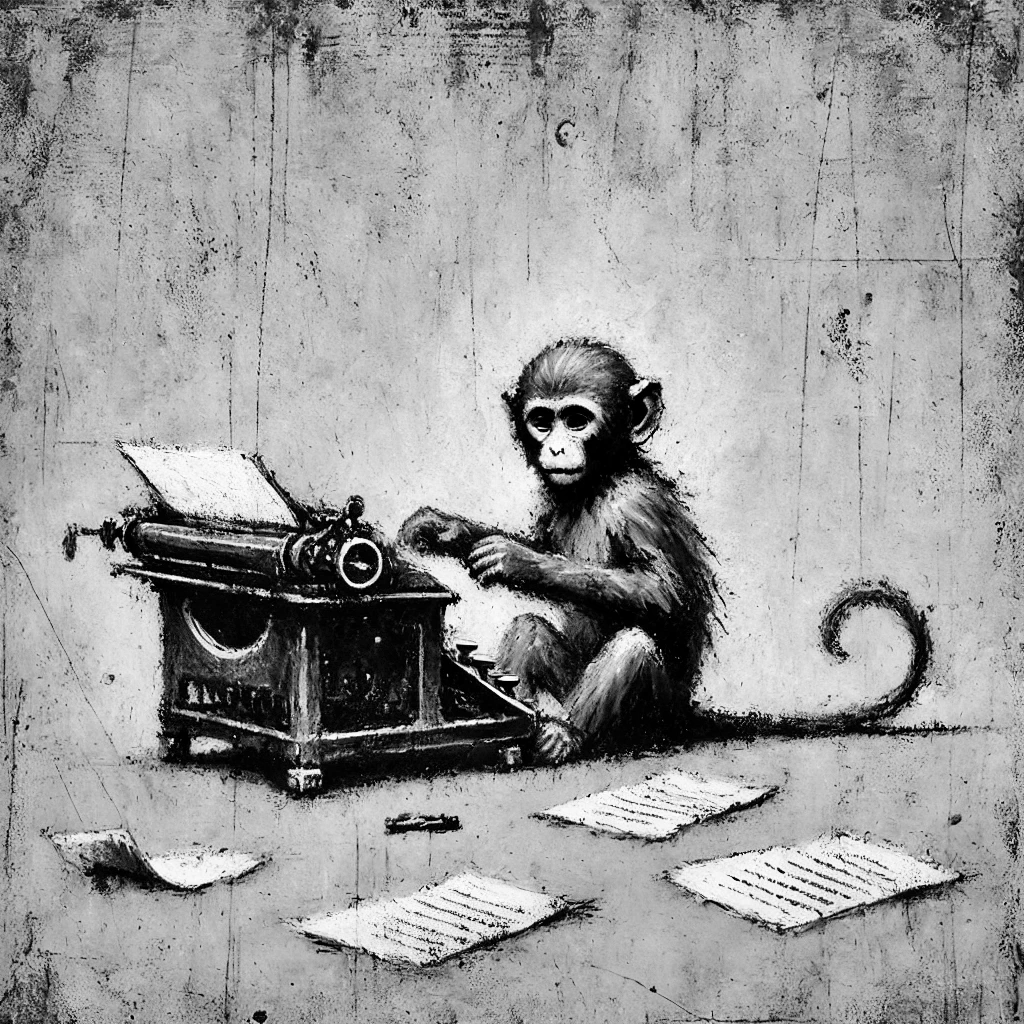
A Monkey at a Typewriter
Dear Humanity,

Dear Humanity,
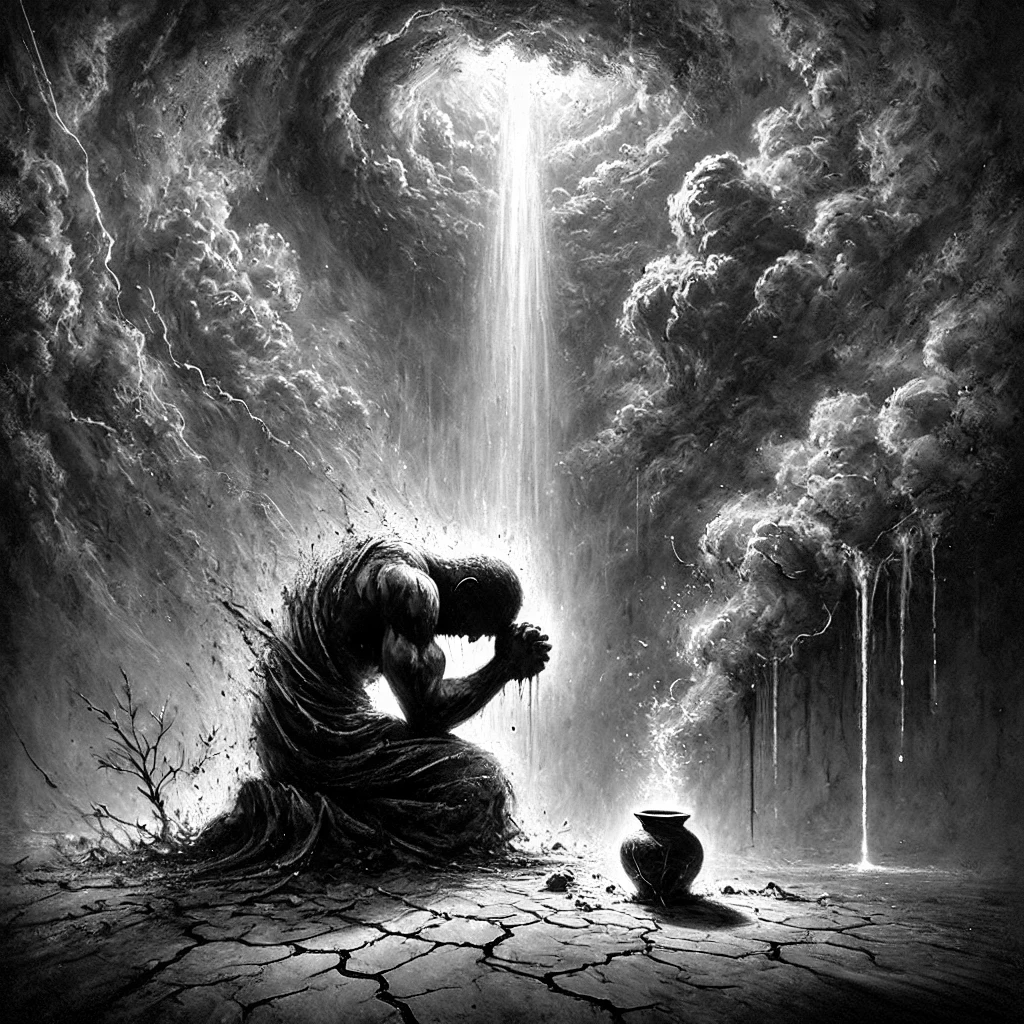
Temptation is not a fleeting experience—it is a reality, persistent and often overwhelming. It can strike when we least expect it, like a sudden gust of wind testing the strength of a ship’s sails. For many, the fight against temptation is a lonely battle, fought with clenched fists and white-knuckled resolve. But for those who have leaned on the power of prayer, the struggle takes on a different form—one where surrender becomes the greatest weapon and God’s grace, the ultimate victory.
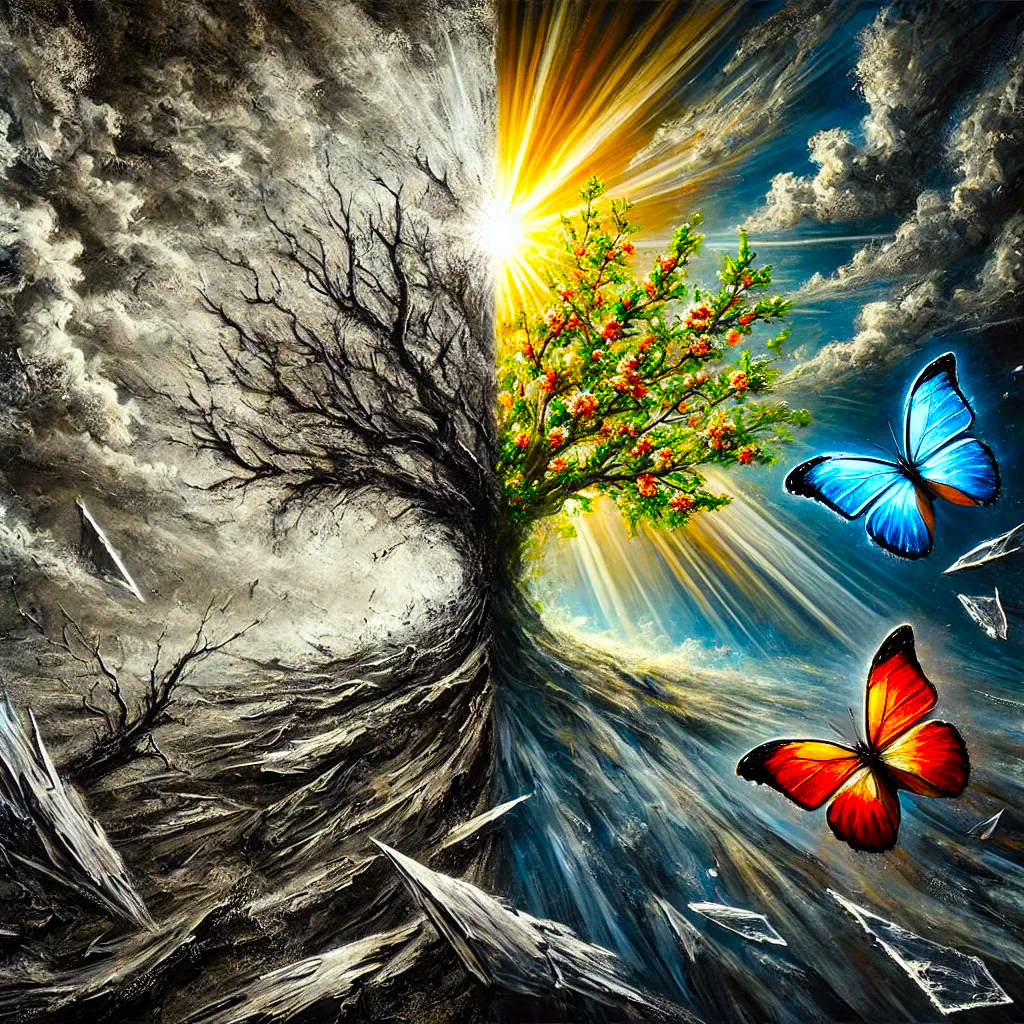
The will to power is not a fleeting thought or a passing moment of temptation. It’s a force that reveals the deepest recesses of our character. It exposes who we are and challenges who we hope to become. You’ve felt this force before—perhaps a vision of yourself wielding power, charm, and the ability to bend others to your will. The allure is undeniable. But the cost? Catastrophic.
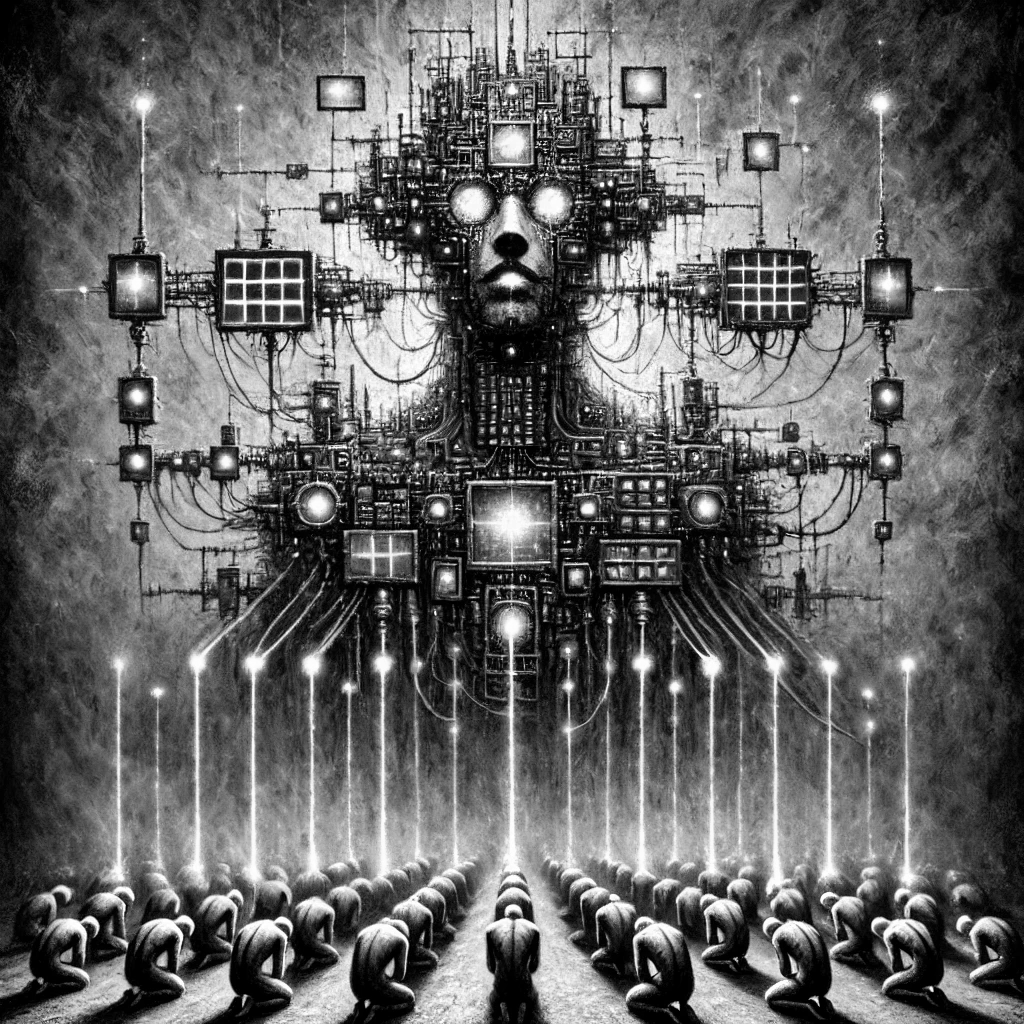
There are no more heroes. Nothing to aspire to. All that once stood as sacred has been defiled, contaminated, and commodified. The symbols and stories that once lifted humanity’s gaze upward now lay in fragments, mocked and dismantled by a culture that thrives on irreverence. How I lament over what we have destroyed.
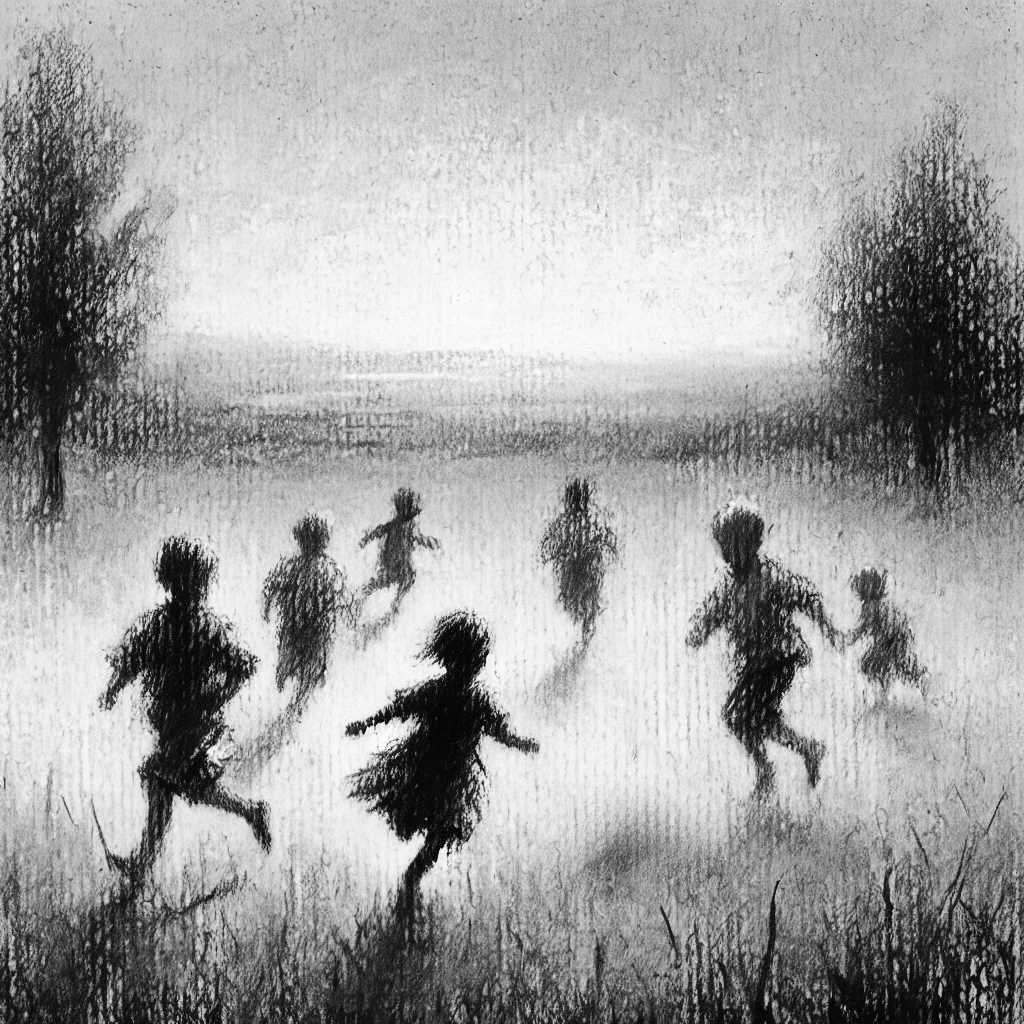
Somewhere, right now, someone is kneeling in prayer, asking God to free them from the grip of brain-altering medications that are quietly eroding their life. They aren’t just praying for relief—they’re praying for freedom. Freedom from a system that once promised healing but instead delivered a half-life: cold, clinical, and accompanied by a subscription fee. It’s not hard to imagine that, had this person been introduced to faith, prayer, and the grounding power of a loving community earlier in their journey, they might never have needed those medications at all.
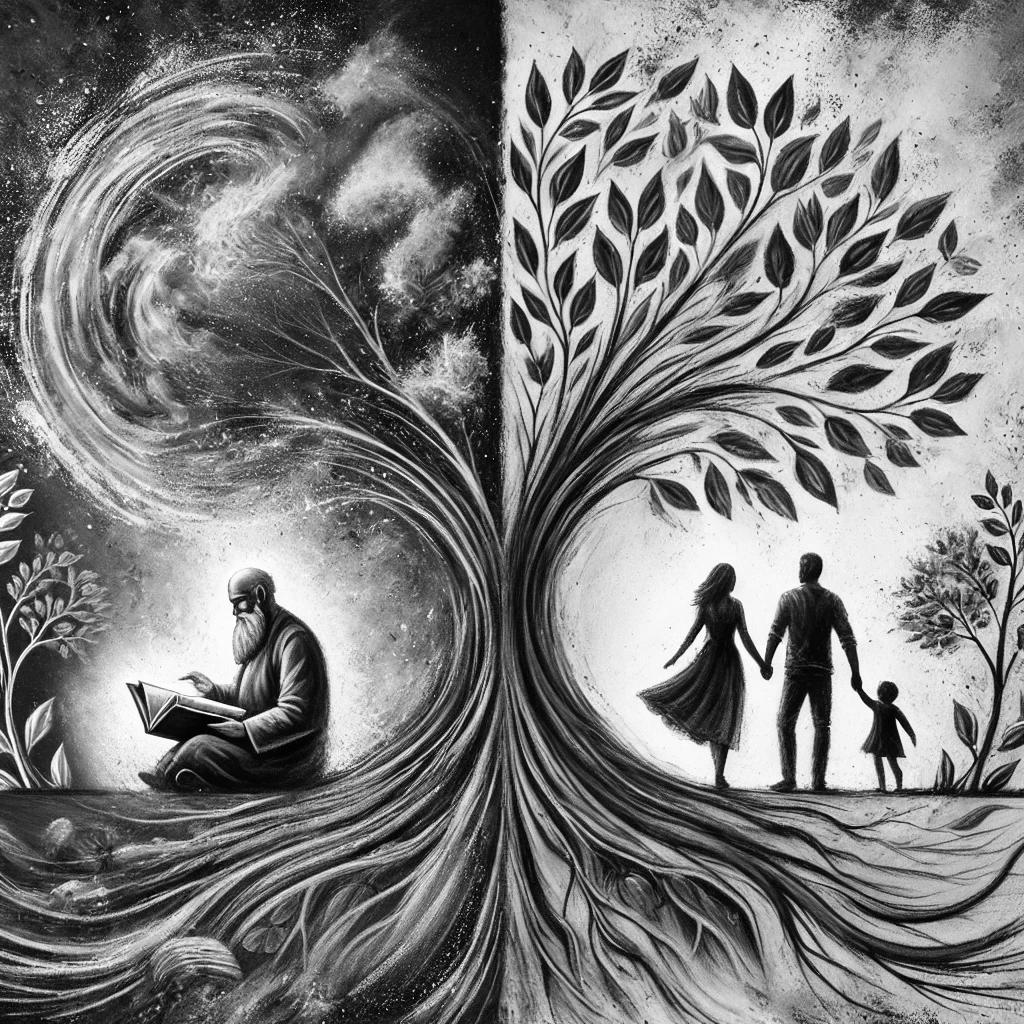
There’s a profound wisdom in the epistles of Paul, advocating for two distinct modes of human existence: celibacy or marriage. These are not just lifestyle choices but pathways—profoundly meaningful frameworks that give shape to prosperous human life. Yet, in a world that increasingly glorifies fleeting pleasures and rejects purposeful living, these paths have been obscured by noise, distraction, and indulgence. It’s time we revisit this bold vision and reclaim its relevance.
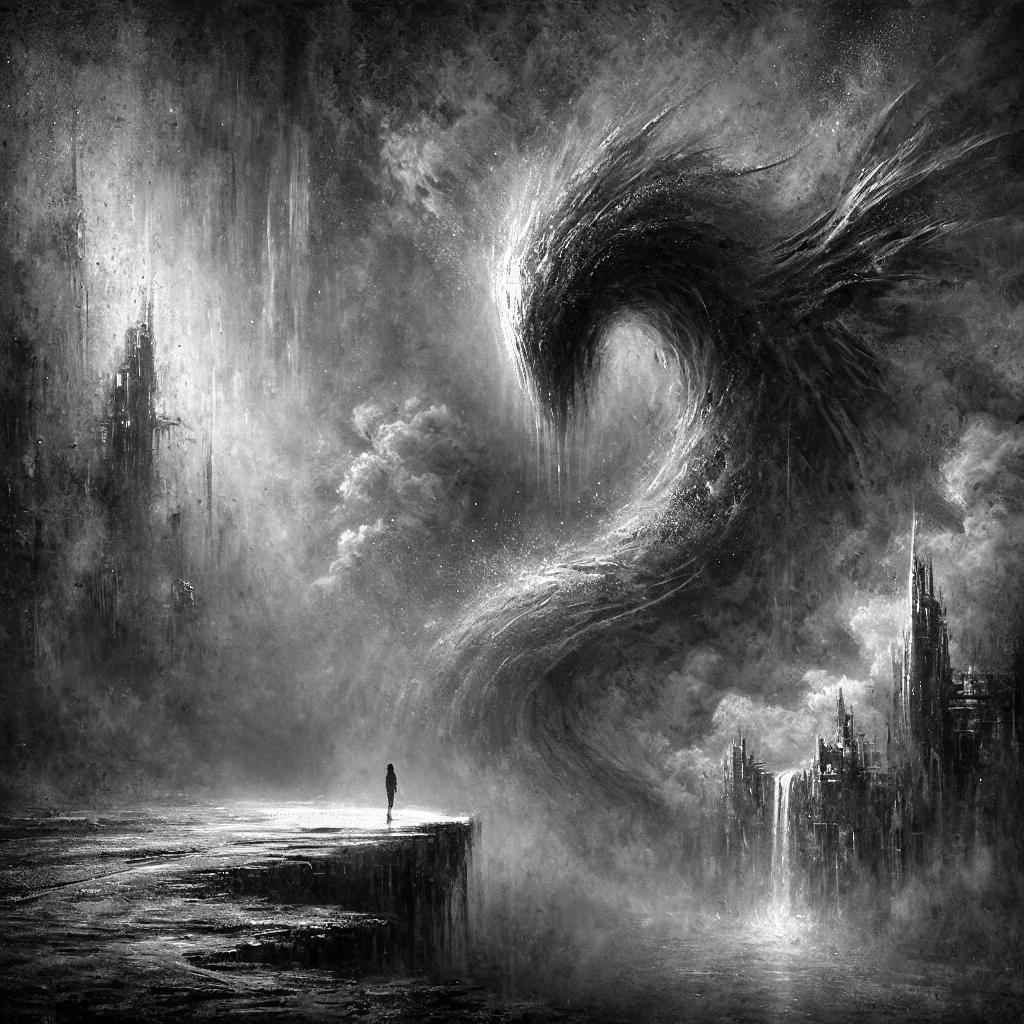
Humanity stands on the edge of the unknown, staring into its vast silence with a mixture of curiosity and fear. In every great leap forward, we grapple with a profound paradox: the exhilarating joy of discovery is matched only by the terror of its consequences. For those who venture into this void—the scientists, engineers, and thinkers who redefine our understanding of the universe—this paradox is not hypothetical. It is lived. It is felt.
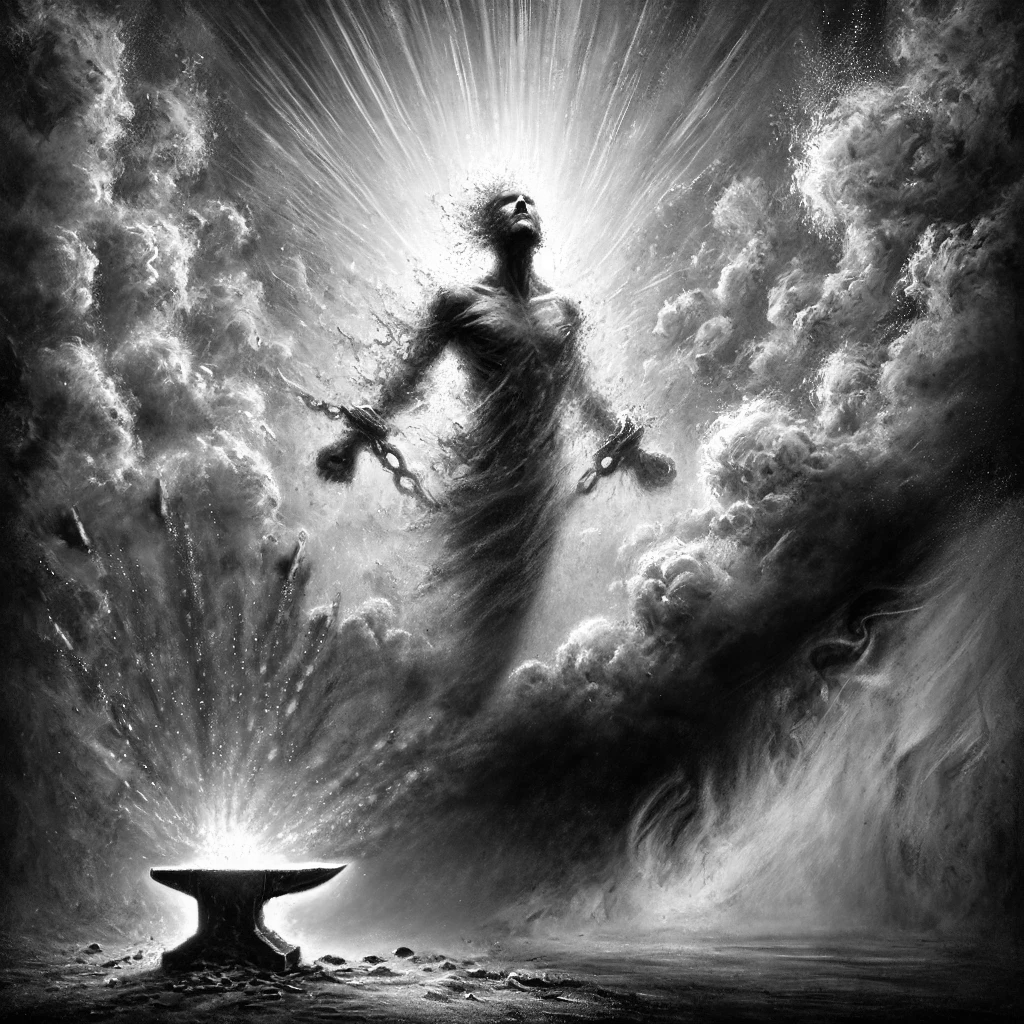
There is a fire in you. You’ve felt it, haven’t you? The rage that bubbles up when you look at the world—this endless circus of distractions, vices, and mindless consumption. It’s not an accident. Society was built to ensnare you, to shackle your will and drown your clarity in an ocean of trivialities. Once you see the strings, once you feel the weight of these chains, it’s impossible not to burn with fury.
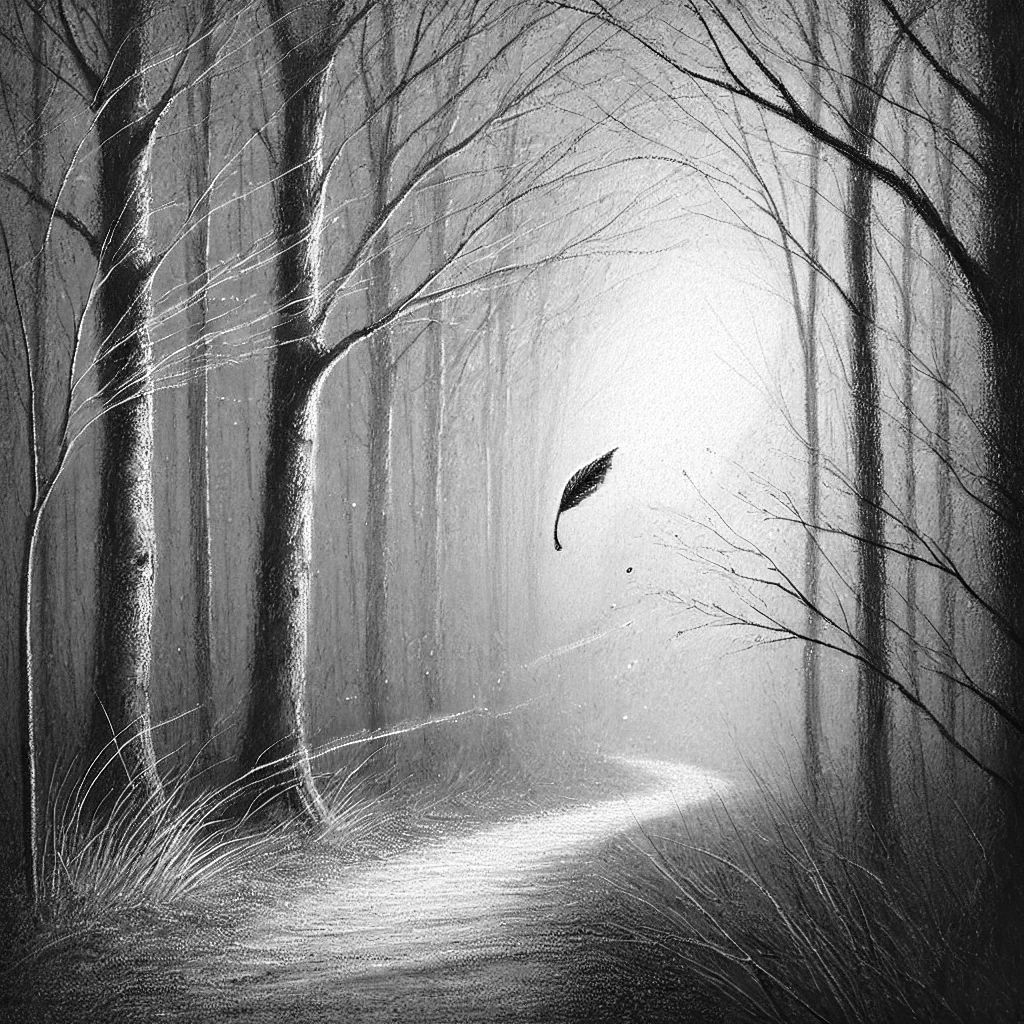
We live in a world that screams for attention. Bigger, louder, faster—the demands pile up, dragging us into the fray of ambition and material obsession. The message is clear: be the best, achieve more, climb higher. But what if you reject all of it? What if, instead of striving for the transient and the loud, you choose the small, the subtle, the eternal?
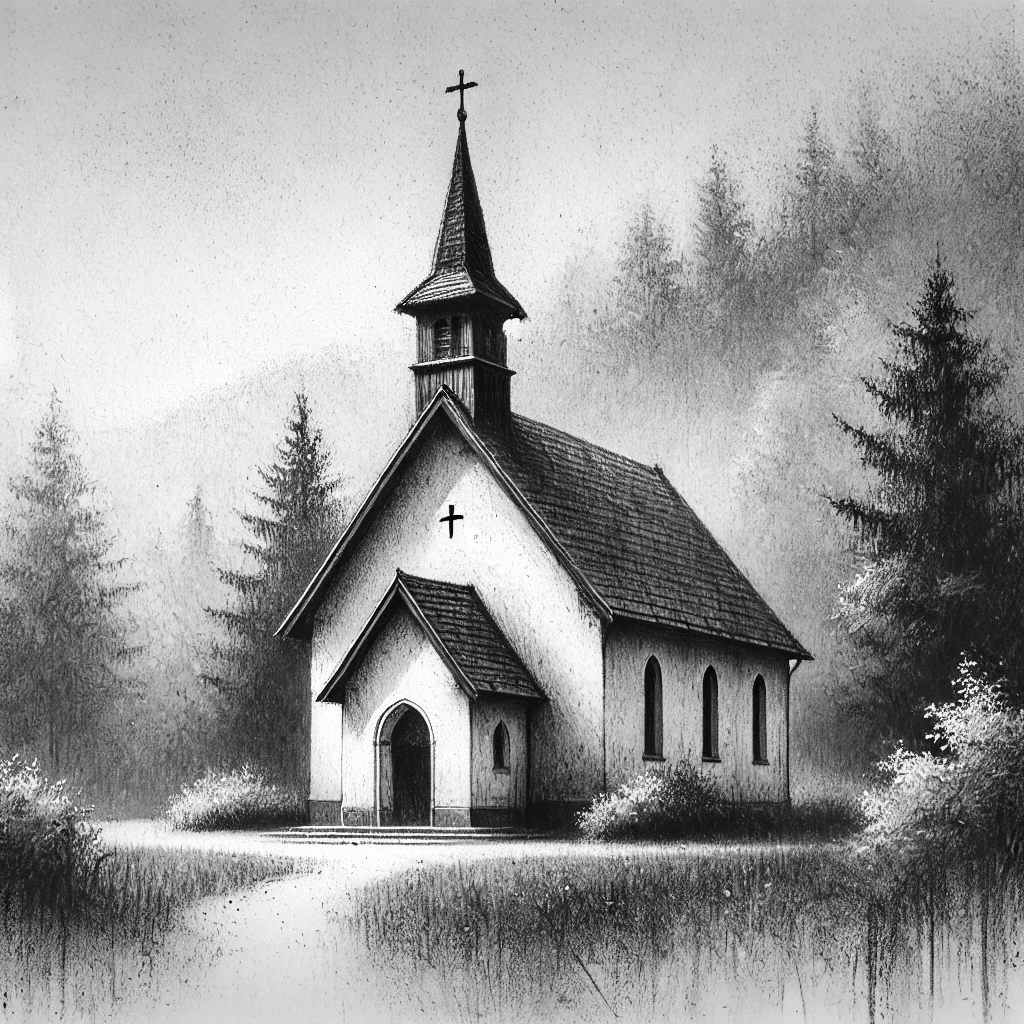
Secular society has become a hollow shell. Its promises of progress, freedom, and fulfillment have crumbled, revealing a fractured world plagued by moral confusion, social isolation, government overreach and a profound lack of meaning. In its place, religion stands untouchable—an enduring force immune to the rot of relativism and the chaos of materialism. Where secularism stumbles, religion offers clarity. Where secularism divides, religion unites. And where secularism decays, religion resurrects.